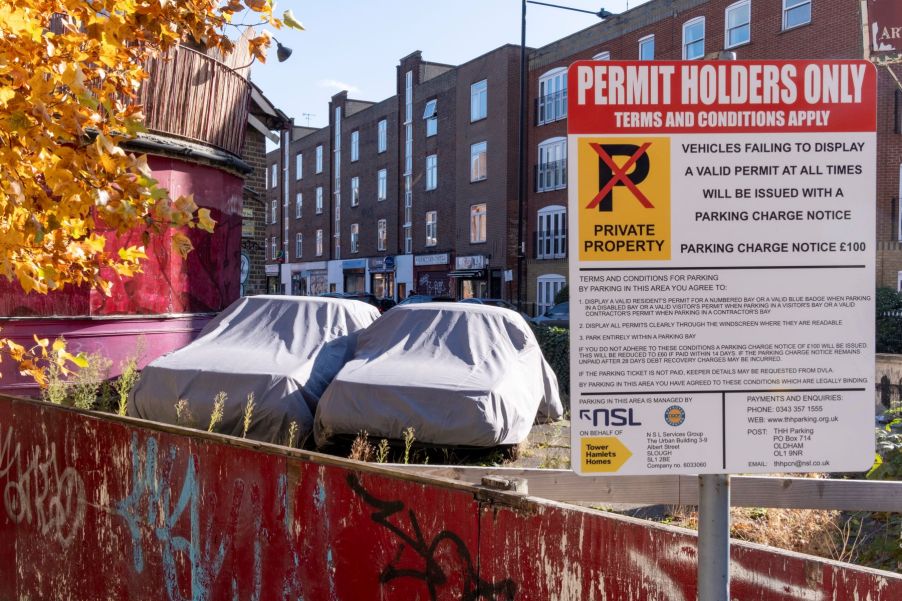
What Is a Personal Property Exclusion?
While paying for insurance coverage can be tasking, having good coverage is paramount. Specific property classes are excluded from coverage, either because of their nature or because they are covered by other types of auto insurance policies. Understanding what’s covered and excluded from your car insurance will help you purchase the coverage that best serves your needs. So, here’s a look at personal property exclusions.
What is an exclusion?
Auto insurance exclusion includes a list of risks that are not covered by your car insurance policy. These are often outlined in your policy documentation. It is very important to understand all your policy exclusions so that you are not caught off-guard when an incident happens. While some risks are permanently not covered by your auto insurance, others can be covered through add-ons.
Why should you know and understand all exclusions in your car insurance policy? First, knowing the exclusions in your car insurance will help you exercise more caution on the road, as Bankrate highlights. Second, because exclusions can significantly lower a claim settlement amount, you will be better positioned to avoid claims-related discontent. Also, understanding what’s not covered in your policy could help you adjust accordingly to cover any gaps, for example, via add-ons.
Personal property exclusions

According to Western Personal Insurance, personal property is often not covered by most types of car insurance. While some policies may cover the vehicle, they may not cover any personal items within it at the time of the incident. To add your personal belongings to your auto insurance policy, you can include an add-on to your base policy.
The different types of coverage
If you want to purchase a new car or are scouting for auto insurance, it is important to understand the different types of car insurance policy coverage. In addition to helping you meet your state’s minimum insurance requirements, knowing the various types of insurance coverage will protect you from high out-of-pocket expenses in case of an accident. The three common categories of auto insurance coverage are:
1. Comprehensive coverage
Comprehensive coverage may help cover damage to your vehicle from acts of nature like vandalism, hail, theft, falling objects, wind, or fire. While comprehensive insurance may be optional in every state, most leasing agencies and lenders will require you to have this type of coverage.
2. Liability collision
A collision insurance policy helps cover your damages after an accident with another vehicle or object, such as a post. This type of coverage will also cover your car in case of a single-car accident.
Note that collision coverage has a deductible, which is money you must pay before your insurer can pay your claim. You can choose different deductible amounts depending on your insurer. However, selecting a lower deductible means paying high monthly premiums and vice versa.
3. Full coverage
Full coverage insurance consolidates various coverage types that help protect your vehicle in most situations. This coverage includes comprehensive liability, collision insurance, and sometimes uninsured motorist coverage and personal injury protection, depending on your state.
Though full coverage auto insurance is not compulsory, it may be needed in special circumstances. While it is very advantageous, full coverage insurance is not for everyone. Understanding what’s covered and excluded will help determine if it is good for you.
For example, you may need full coverage insurance if you have a balance on your auto loan or lease your car. If you pay monthly installments on your car, go through the contract carefully to see if you are required to have full coverage and the amount you will need. Beyond this, full coverage auto insurance is voluntary.


